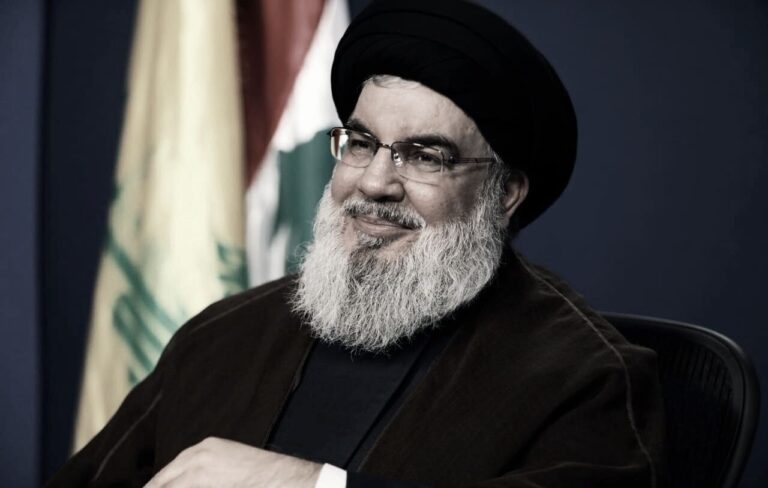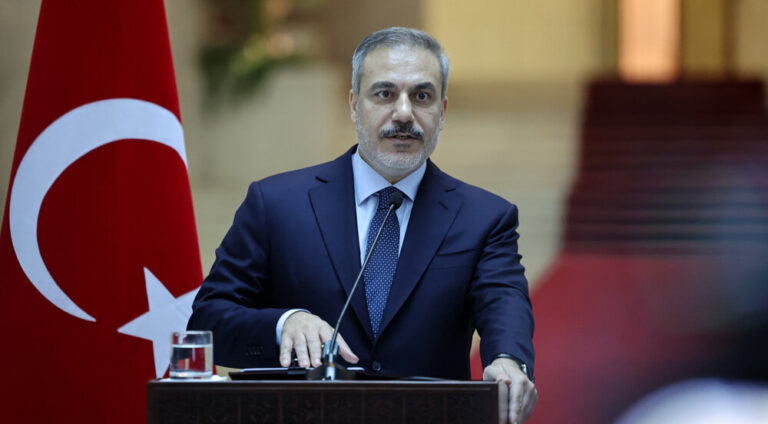Chinese President Highlights BRICS Bank as a Beacon of Global South Unity and Collaboration
In a significant demonstration of China’s commitment to multilateralism, President Xi Jinping’s recent visit to Shanghai highlights the nation’s efforts to counter unilateral actions from the United States. This pivotal trip included a meeting at the Shanghai-based New Development Bank (NDB), a key institution for BRICS member nations aimed at fostering international cooperation.
During his visit, Xi Jinping engaged in discussions with Dilma Rousseff, the president of the NDB. He acknowledged that the NDB stands as the world’s first multilateral development bank established and led by emerging markets and developing countries. Xi expressed optimism about the bank’s prospects, stating that it is poised to enter its “second golden decade” of high-quality development.
Xi referred to the NDB as a “pioneering initiative for the unity and self-improvement of the Global South” and a “shining example of Global South collaboration.” He stressed the urgent need to enhance the representation of the Global South in discussions about reforms to the international financial system.
In her remarks, Dilma Rousseff praised China’s achievements under President Xi’s leadership, highlighting the nation’s significant role in global governance. She remarked that these developments are essential for realizing the vision of a rejuvenated Chinese nation. Rousseff warned, however, that growing unilateralism and protectionism threaten the authority of international law and jeopardize the stability of industrial and supply chains.
On the preceding day, Chinese Foreign Minister Wang Yi addressed the BRICS Foreign Ministers’ Meeting, urging member countries to emerge as a positive force on the international stage. He proposed a new approach characterized by:
- Dialogue over confrontation
- Partnership over alliances
- Win-win cooperation over zero-sum rivalry
Brazilian Foreign Affairs Minister Mauro Vieira echoed these sentiments, asserting that the BRICS bloc symbolizes a vital aspect of multilateralism. Other participants in the meeting voiced their support for China’s global initiatives, emphasizing the need for BRICS nations to:
- Oppose power politics and double standards
- Safeguard the legitimate rights of BRICS members
- Promote the common interests of the Global South
- Work towards a more just and equitable international order
- Encourage open, inclusive, and sustainable development
The BRICS group originally consisted of Brazil, Russia, India, China, and South Africa, with Iran and several other countries joining as full-fledged members on January 1, 2024. Indonesia also became a member earlier this year, further expanding the bloc’s influence.
The recent calls for advancing multilateralism come amid the backdrop of the trade conflicts initiated during Donald Trump’s presidency. Since his return to the White House in January, Trump has imposed steep tariffs on Chinese exports, reaching up to 145 percent. In retaliation, China has enacted tariffs of 125 percent on U.S. goods.
Amidst these tensions, U.S. Secretary of the Treasury Scott Bessent recently stated that a “trade war with China is unsustainable.” Furthermore, American media and economic experts have raised concerns that Trump’s trade policies could ultimately have adverse effects on U.S. consumers.
As the dynamics of global trade continue to evolve, the emphasis on multilateralism and cooperation among emerging economies remains crucial. China’s proactive stance, exemplified by actions such as President Xi’s visit to the NDB, seeks to foster a more balanced and equitable international financial system, promoting development for the Global South.
In conclusion, President Xi Jinping’s trip to Shanghai and the discussions surrounding the New Development Bank mark a significant chapter in China’s ongoing efforts to advocate for multilateralism. This initiative not only underscores the importance of collaboration among emerging markets but also serves as a counter-narrative to the prevailing trends of unilateralism and protectionism in global politics.





